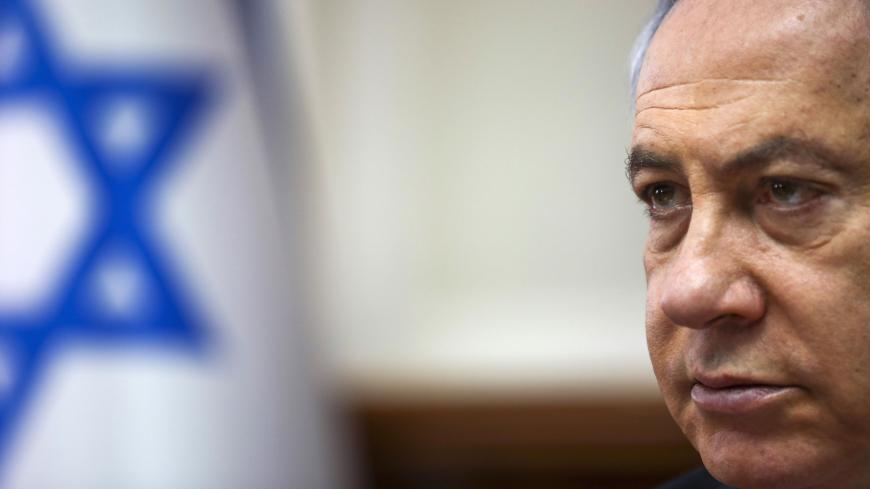The wild Israeli political ride is nearing a crucial junction, with one path leading to a power-sharing government led by the Likud's Benjamin Netanyahu and Blue and White leader Benny Gantz, and the other to a fourth round of elections or some other form of chaos. This is the timetable: On May 3, an expanded lineup of 11 Supreme Court justices will convene to consider several petitions demanding that they disqualify incumbent Prime Minister Netanyahu from forming Israel’s next government and arguing that his April 20 coalition agreement with Gantz is unconstitutional. Sunday’s deliberations will focus on whether a person under criminal indictment is eligible to form a government, and the following day will be devoted to petitions against the agreement itself, which includes amendments of two fundamental laws that anchor the authority of Israel’s government and the legislature.
In an April 30 opinion to the court, Attorney General Avichai Mandelblit conceded that the coalition deal “entails agreement on a new model of government that is not natural to Israel’s form of government,” but argued that its flaws fall short of requiring the court’s intervention. If the court does not make speedy rulings, the coalition's house of cards could come tumbling down.



